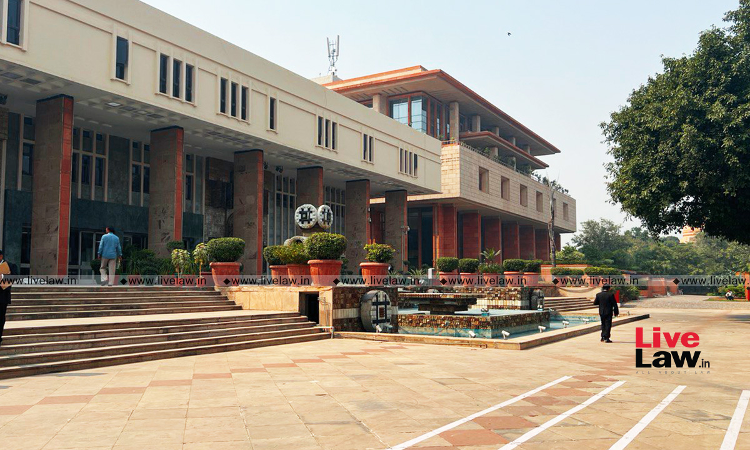Misunderstanding Of Basic Contractual Framework Vitiates Arbitral Award: Delhi High Court
Rajesh Kumar
25 July 2024 9:00 AM IST

Next Story
25 July 2024 9:00 AM IST
The Delhi High Court bench of Justice Sachin Datta has held that an award with misreading/misunderstanding of the basic contractual framework vitiates it at its root and makes it vulnerable to challenge under Section 34(2)(b)(ii) and 34(2A) of the Arbitration and Conciliation Act, 1996.Section 34(2)(b)(ii) provides a basis for challenging an arbitral award on the grounds of public policy....
